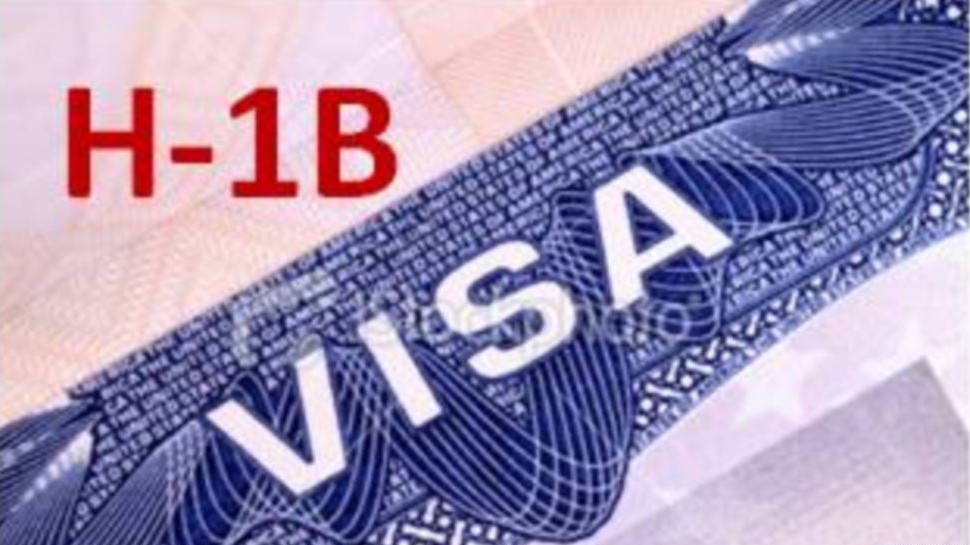While the H-1B petitions submitted for the lottery this cap season were still in transit to the USCIS, both the USCIS and the DOL announced several measures aimed at detecting H-1B visa fraud and abuses. The rules focus on computer programmers, site visits, and protecting American workers.
On March 31, 2017, USCIS issued a memorandum making it harder for companies to bring foreign workers to the US using the H-1B visa. The new guidelines require additional information for computer programmers applying for the work visa to show that the position is a specialty occupation requiring advanced knowledge and experience. The new policy is effective immediately, so it will impact the visas currently in the pipeline for the annual lottery process.
Beginning April 3, 2017, USCIS is taking a more targeted approach when making site visits across the country to H-1B petitioners and the worksites of H-1B employees. The focus will be on the following: (1) cases where USCIS cannot validate an employer’s basic business information through commercially available data; (2) H-1B dependent employers; and (3) employers petitioning for H-1B workers who are off-site at another company or organization’s location. Employers should be prepared to implement internal policies to mitigate risk exposure.
On April 5, 2017, the DOL announced that it plans to protect American workers from discrimination efforts by abusing or misusing H-1B visas through the following measures:
- Rigorously using all its authority to begin investigations of H-1B program violators by using further investigation and if necessary, prosecution.
- Considering changes to LCA for future application cycles (Application may be updated to provide greater transparency to all)
- Continue to engage stakeholders on how the program may be improved to provide better protections for U.S. workers under existing authorities or through legislative changes.
To help detect or prevent abuse, the DOL has also set up an email address which allows anyone to contact them if they feel they or someone they know have been a victim of H-1B fraud. (ReportH1BAbuse@uscis.dhs.gov).
The author, Jacqueline Lentini McCullough, is an immigration attorney based in Illinois with extensive experience in H-1B visas. Ms. Lentini can be reached at lentinivisas.com, +1.630.262.1435, or jacki@lentinivisas.com.

Leave a Reply